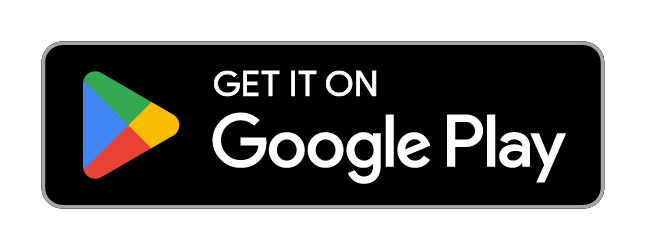Let me be straight with you: PUBG Mobile’s anti-cheat system has gotten aggressive. Really aggressive.
After analyzing thousands of ban cases this year, I’ve noticed something interesting. While the obvious stuff—aimbots, wallhacks, speed cheats—still dominates the ban statistics, there’s a troubling rise in edge cases. Players getting suspended for using gaming phones. Legitimate high-skill gameplay triggering automated flags. Even VPN usage in certain regions causing account locks.
KRAFTON’s three-pronged approach combines automated detection, human reviewers, and community reporting. Sounds foolproof, right? Well, not exactly. The system’s gotten so sensitive that it’s catching innocent players in the crossfire.
For those looking to enhance their gameplay legitimately, BitTopup offers safe checkout PUBG UC through authorized channels. Trust me—after seeing how many players get banned for sketchy UC purchases, this isn’t the place to cut corners.
The Ban System: More Complex Than You Think
Understanding the Penalty Tiers
Here’s where things get interesting. PUBG Mobile doesn’t just hand out blanket bans anymore—they’ve created this graduated system that’s actually pretty sophisticated.
Temporary suspensions (3-30 days) handle the oops, maybe they didn’t know better crowd. But severe violations? We’re talking 10-year suspensions. That’s 3,650 days if you’re counting. And then there’s the nuclear option: Hardware ID bans that’ll block your device permanently. No VPN tricks, no new accounts—your phone is basically blacklisted.
The numbers tell the story:
Cheating/third-party software: 71%
Compromised accounts: 13%
Toxic behavior: 9%
Boosting/account sharing: 4%
Exploit abuse: 3%
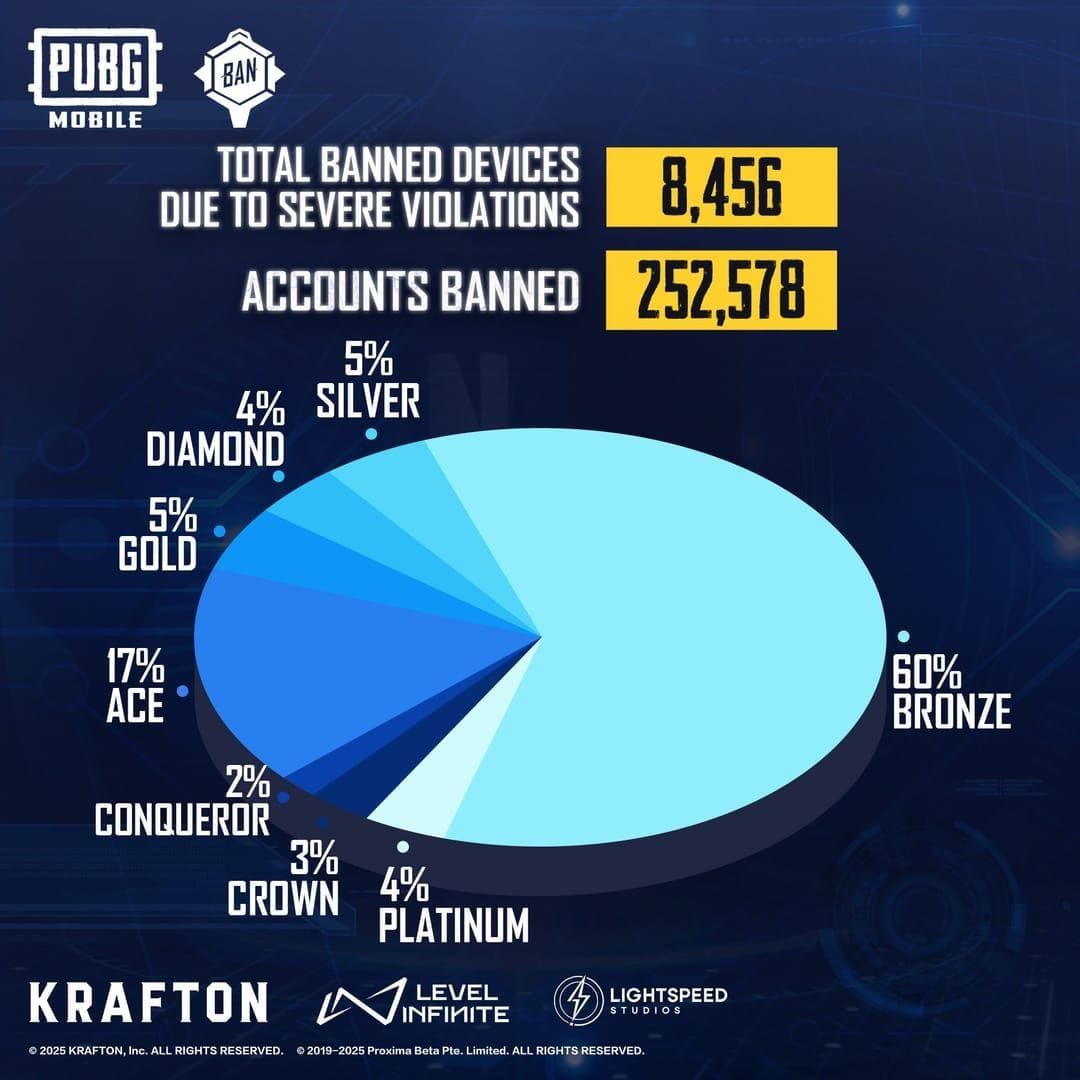
What strikes me about these stats? That 13% for compromised accounts is way higher than most games. It suggests either PUBG Mobile players are particularly careless with account security, or the game’s become a major target for account thieves.
How Detection Actually Works
The technical side is fascinating—and slightly terrifying. The system continuously scans for suspicious programs, cross-referencing against databases that get updated constantly. But here’s the kicker: it’s not just looking for known cheats anymore.
They’ve implemented behavioral analysis that monitors crosshair movement patterns, reaction times, even how you handle weapon recoil. The system knows what human limitations look like, and when you exceed them… well, that’s when things get interesting.
Human reviewers step in for edge cases, which is good news for legitimate players. They’re trained to spot the difference between exceptional skill and impossible gameplay. But with millions of reports flooding in? Sometimes things slip through the cracks.
2025’s Big Changes
KRAFTON updated their Rules of Conduct in June 2023, and the effects are still rippling through 2025. The company’s taking a harder line on everything—they’ve added kernel-level detection similar to PUBG PC, which means deeper system access and better cheat detection.
But it also means more potential for conflicts with legitimate software.
The enhanced spectating system is particularly clever. Cheaters used to exploit multiple accounts for visual advantages during spectating, but that loophole’s been closed. Good for fair play, but it’s also made the system more sensitive to unusual account activity.
The Usual Suspects: Cheating That’ll Get You Banned Fast
Aimbot and ESP Detection
Let’s talk about the obvious stuff first. Aimbot detection has gotten scary good—the system analyzes crosshair movement patterns and reaction times that exceed human capabilities. I’ve seen cases where players got flagged within minutes of activating aimbot software.
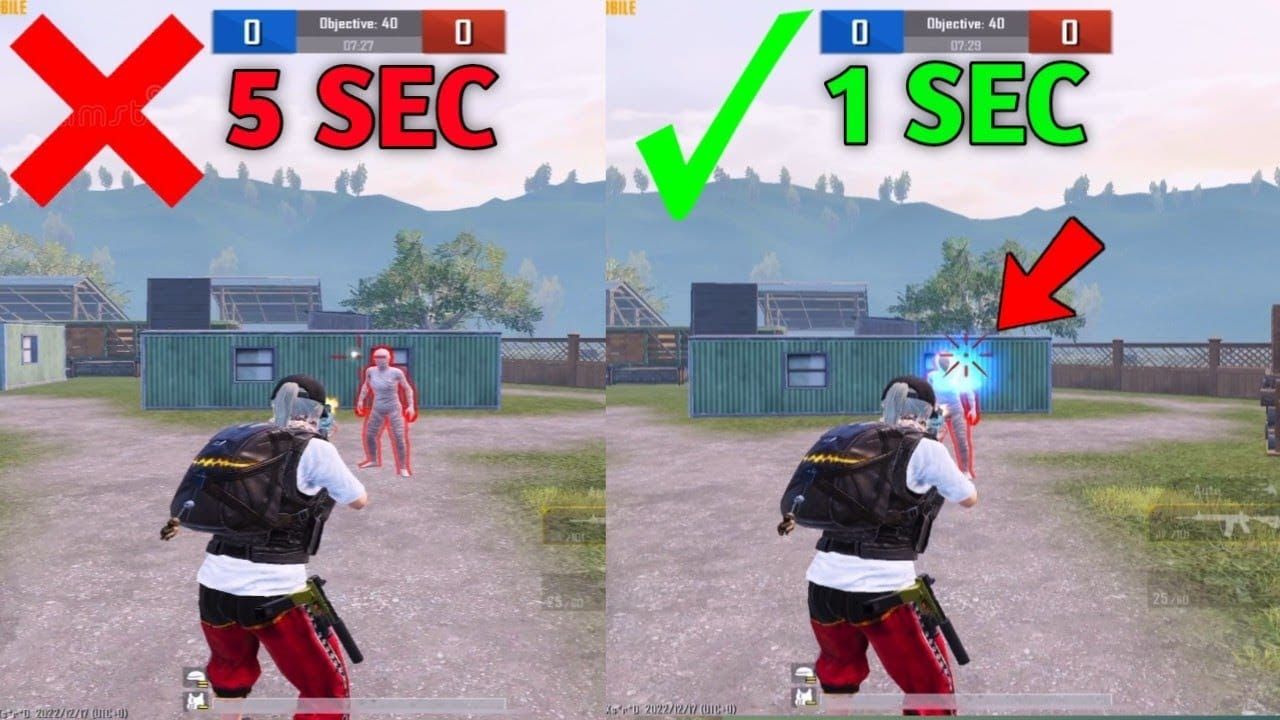
Wallhacks and ESP cheats? They’re detected through movement patterns. The system knows when you’re tracking enemies through walls without legitimate line of sight. It’s monitoring for those impossible knowledge scenarios—like pre-firing at enemies you shouldn’t know are there.
Here’s something that surprised me: the system can differentiate between lucky shots and consistent impossible accuracy. It’s not just looking at individual moments, but patterns over time.
Movement and Automation Cheats
Speed hacks are basically instant detection now. The system continuously monitors position data, and when you move faster than physics allows? Game over.
But recoil scripts are where things get tricky. These tools eliminate weapon kickback, and the detection algorithms have gotten sophisticated enough to identify non-human firing patterns. The timing precision gives it away—humans have natural inconsistencies that automation lacks.
Auto-looting tools leave distinctive digital fingerprints too. The system recognizes when actions are too perfectly timed or executed with inhuman consistency.
File Modifications and GFX Tools
Game file integrity checking is ruthless now. Any modification to .PAK or .ini files triggers immediate flagging. I’ve seen players get banned for grass removal mods that seemed harmless but provided clear visibility advantages.
Here’s where it gets controversial: even legitimate GFX tools can trigger violations. These apps modify rendering processes, and the system can’t always distinguish between optimization and cheating. My advice? Avoid them entirely.
Technical Violations: The Gray Areas
Emulator Usage (Still a Problem)
Playing PUBG Mobile on PC emulators remains a violation, despite the official emulator’s existence. The segregated matchmaking system? It’s not foolproof. Community reports suggest cross-platform matching still happens, creating unfair advantages.
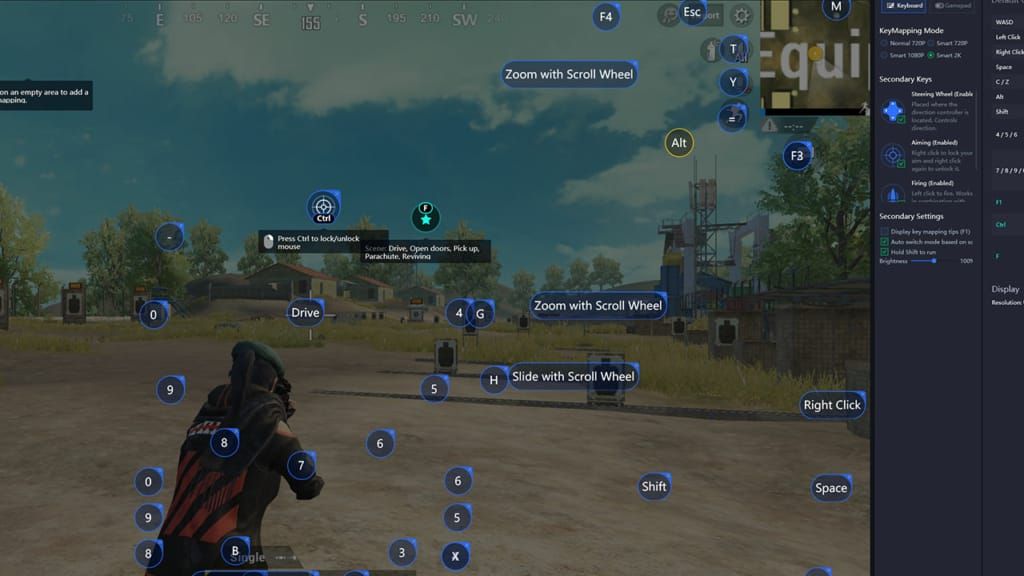
Tournament organizers universally ban emulators, and for good reason. Larger screens, superior controls, and potential macro scripting create massive competitive advantages. It’s not just against ToS—it’s potentially copyright infringement since mobile licenses don’t cover PC platforms.
Rooted Devices and Hardware Modifications
This one’s straightforward but frustrating for power users. Rooted Android devices and jailbroken iOS devices automatically fail security checks. The system assumes administrative access equals potential for bypassing security measures.
Gaming phones with physical triggers present an interesting dilemma. ROG Phone series, Nubia Red Magic models—they’re banned in official competitions despite being legitimate gaming hardware. The PMPL SA rulebook specifically prohibits them alongside iPads due to hardware advantages.
If you’re dealing with security check failures, here’s the fix: restore factory settings, uninstall conflicting apps (including performance boosters), update to the latest game version, close background processes, and verify device compatibility.
For legitimate enhancement without the risks, BitTopup provides cheap UC for PUBG M through authorized channels. After seeing countless players banned for unauthorized UC purchases, this is definitely the safer route.
Behavioral Triggers: It’s Not Just About Cheating
The Teaming Problem
Here’s something most players don’t realize: repeatedly teaming with known cheaters can get you banned, even if you’re not cheating yourself. The system tracks these patterns, and playing multiple consecutive games with the same cheating player looks like deliberate exploitation.
My recommendation? Rotate team compositions regularly, especially in Metro Royale where cheater concentration seems higher. Three or more games with the same cheating player is the danger zone.
Toxicity and Account Violations
Inappropriate usernames trigger automatic scanning against prohibited content databases. Sexual content, staff impersonation, discriminatory language, trademark infringement—it all results in forced name changes and penalties.
Intentional team killing, when it’s clearly deliberate and recurring, triggers behavioral violation penalties. AFK farming removes progression, confiscates items, and tanks your merit score. Low merit scores can eventually lead to suspension.
Account sharing violations are detected through login pattern analysis. Multiple geographic locations, different devices—the system flags these as potential unauthorized access or account trading.
False Positives: When the System Gets It Wrong
High-Skill Player Problems
This is where things get concerning. Exceptionally skilled players face false positive bans when their performance triggers automated systems designed to catch impossible gameplay. High-ranking players are particularly vulnerable to mass reporting from opponents who mistake skill for cheating.
I documented one case where a player got a 72-hour suspension for Suspicious Behavior despite mediocre stats. It suggests the detection systems can be overzealous, flagging unusual patterns that aren’t actually violations.
Human review teams work to differentiate skill from cheating, but report volume can overwhelm the system, leading to temporary false positives.
Hardware and Network Issues
Certain gaming hardware configurations inadvertently trigger detection systems. High-end gaming phones with advanced cooling or modified firmware can generate system signatures resembling cheat indicators.
Network-related false positives happen with VPN or DNS usage. I tracked one case in Iran where a player got banned for modifying game data after using DNS services, though the actual trigger was likely a GFX tool rather than network modification.
Staying Safe: Prevention Strategies That Actually Work
Account Security Fundamentals
Strong passwords aren’t optional anymore. Use at least 12 characters with mixed case, numbers, and special characters. Avoid personal information entirely.
Two-Factor Authentication is non-negotiable. That secondary verification code requirement prevents unauthorized access even with compromised passwords. Given that compromised accounts represent 13% of ban cases, this isn’t paranoia—it’s necessity.
Watch out for link wash scams promising free UC through malicious websites. Always verify offers through official channels, and hover over links to check actual URLs before clicking. Never enter credentials on untrusted sites.
Clean Gaming Environment
Maintain clean device environments by avoiding unauthorized applications that interfere with security systems. Remove performance boosters, unauthorized screen recorders, GFX tools, and app cleaners that might trigger violations even without cheating intent.
Keep installations updated exclusively through official app stores. Outdated versions contain security vulnerabilities or compatibility issues with current anti-cheat systems. Regular antivirus scans ensure no malicious programs are present that could be mistaken for cheating tools.
When Things Go Wrong: The Appeal Process
Immediate Response Steps
For non-permanent suspensions, log into your account and select the ‘File Claim’ option on ban notifications. This initiates the official appeal process through the integrated support system.
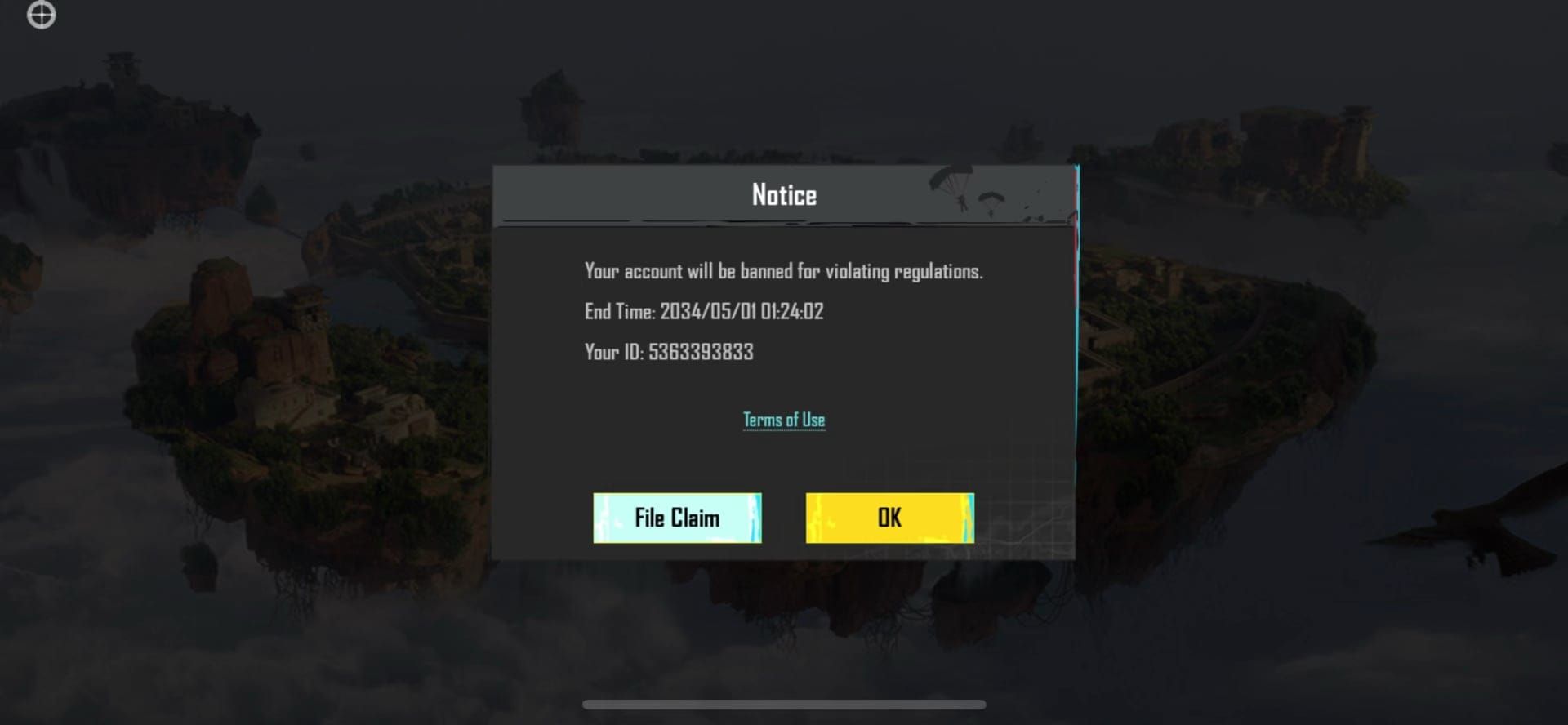
Permanent bans require appeals through the official support website at pubgmobile.live/support with detailed explanations and supporting evidence. Alternative methods include emailing customer support with Character ID, account name, and comprehensive explanations.
Building Your Evidence Package
Compile comprehensive documentation: full antivirus scan reports proving system cleanliness, system logs like dxdiag and msinfo files, unedited POV videos of flagged matches when available. Include specific match IDs and technical documentation supporting your innocence claims.
For compromised account appeals, provide 2FA activation screenshots, password reset confirmations, and IP mapping data showing unusual login locations. For location-related flags, include travel documents or VPN usage explanations.
FAQ
What’s actually causing most PUBG Mobile bans in 2025? Third-party cheating software dominates at 71%, but compromised accounts (13%) and toxic behavior (9%) are significant factors. The rise in compromised account bans suggests either poor security practices or increased targeting by account thieves.
How do I bulletproof my account against bans? Strong passwords with 2FA, avoiding unauthorized software, keeping devices unrooted, using only official game versions, and maintaining positive community behavior. It’s basic stuff, but the consequences for ignoring it have gotten severe.
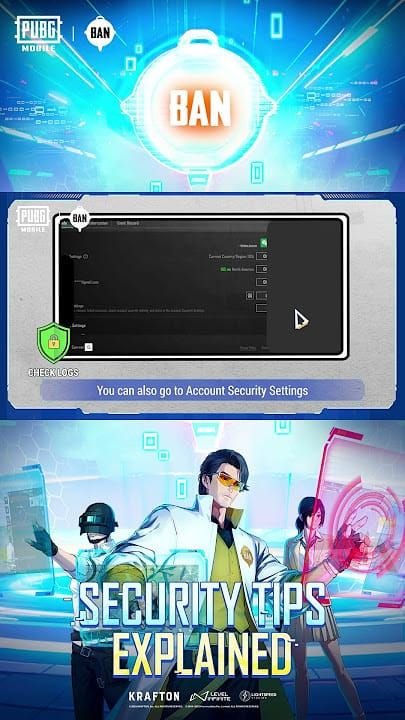
Will using a VPN get me banned? VPNs can trigger security flags, especially combined with other suspicious activities. While not explicitly banned, they may cause false positive detections for location spoofing or region violations. Use with caution.
I got falsely banned—now what? Gather evidence immediately: antivirus scans, system logs, gameplay videos. Submit appeals through official channels with detailed explanations and supporting documentation. The human review process exists for a reason.
How long do these bans actually last? Temporary bans: 3-30 days for minor violations. Serious cheating: 10-year suspensions. Most severe: permanent Hardware ID bans that block your device entirely.
Is account sharing really that big a deal? Yes. It violates ToS and the system monitors for unusual login patterns across devices or locations. With account-related violations making up 17% of total bans (compromised + sharing), it’s clearly being enforced.















